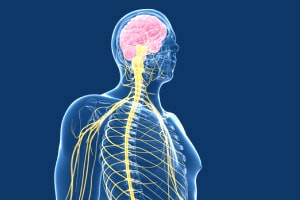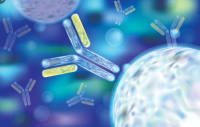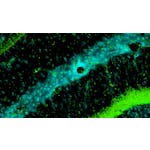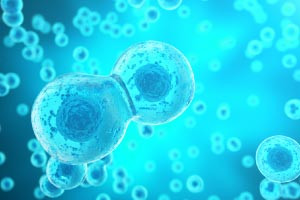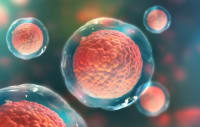Description
We will learn key concepts of environmental biology, such as what the term biodiversity means, as well as the various types of living organisms that exist on Earth and their importance to humans. We will also discover that the gender perspective influences how we perceive the world and how science, particularly environmental biology, advances.
Syllabus :
1. Biodiversity
- What is biodiversity?
- Citizen science as a tool to study biodiversity
- Opening the door to the plant world
- Why are flowers so important?
- Plants: how can we study them?
- Interview to Núria Gaju Ricart
- Interview to Sandra Lavorel
- Opening the door to the animal's world
- What do I see when I snorkel?
- The invisible world under the sea
- Why are insects so important?
- Vertebrates: how can we study them?
- Interview to Morgane Tidière
2. Ecosystems and Humans
- A look into ecology
- Discovering freshwater ecosystems
- Going deep into marine ecosystems
- What do we know about forests?
- Global change: Changing the Earth
- Climate change and its effects on Human Health
- How can we stop global change?
- Interview to Sandra Brucet Balmaña
3. Human health and Environment
- Human health depends on the environment
- A major health problem: Pollen and allergies
- Could humans live without bacteria?
- Ethnobotany: relations between humans and plants
- Benefits of nature on human health and well-being
- Nutrition and contaminants in the food chain
- Agriculture and soils in the contemporary world
- Sustainable Agriculture
- Genetic Improvements in Agriculture
- Insights of the sustainable fisheries
- Interview to Rosa Maria Poch
4. Strategies for the conservation of the Environment
- Insights into ecofeminism
- Culture of peace and sustainability
- The key for the future: environmental education
- What are ecosystem services?
- The Red List of threatened species
- The role of zoos in conservation biology
- Past, present and future in marine conservation
- Stories about consevation of big mammals

